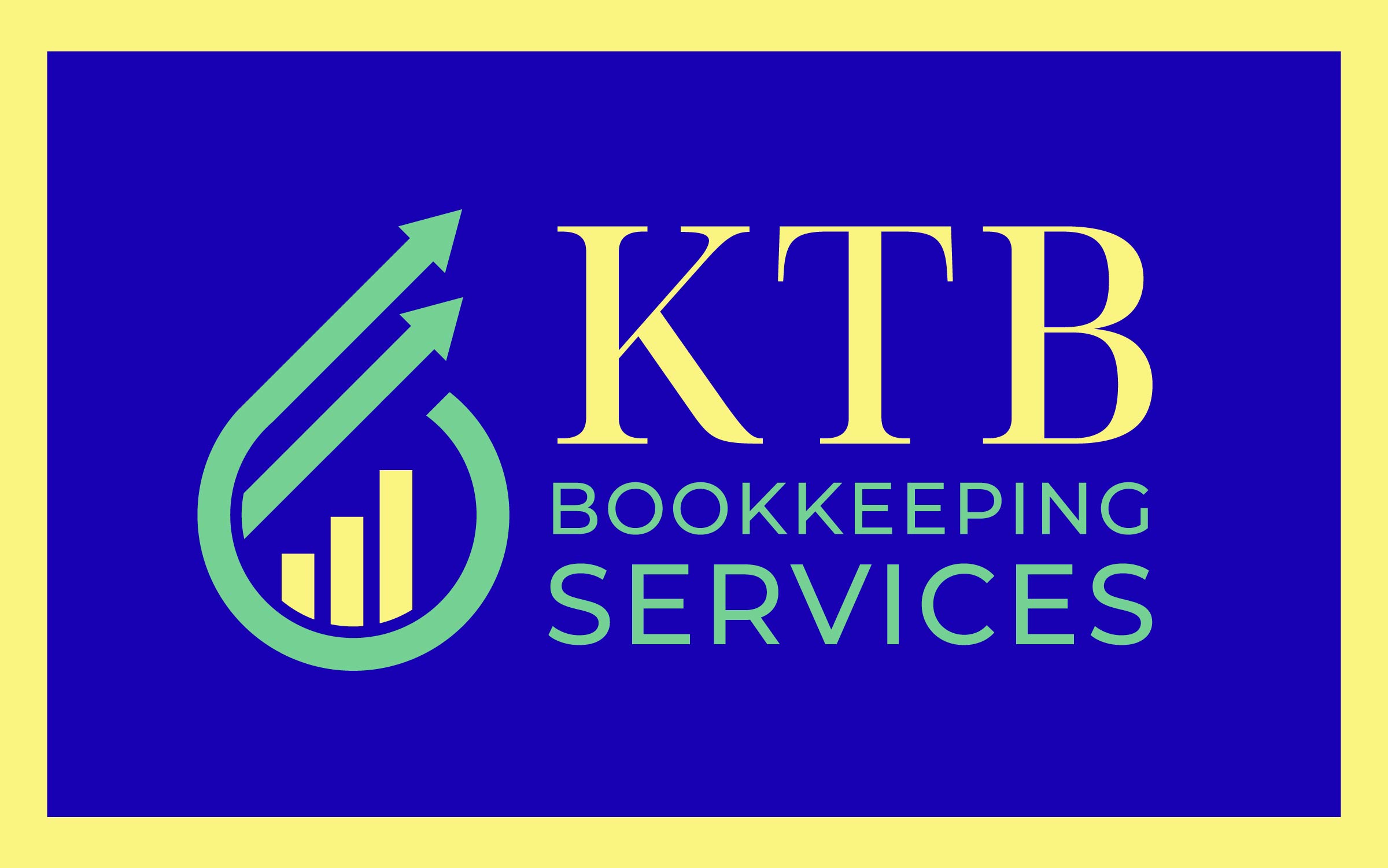Essential Knowledge and Skills Every Bookkeeper Should Have
Bookkeeping is the backbone of any business’s financial health, ensuring that all financial transactions are accurately recorded, organized, and maintained. To excel in this critical role, your bookkeeper must possess a diverse set of skills and knowledge. At Keeping the Books, we understand the importance of these competencies and are dedicated to helping businesses in Rhode Island and throughout New England thrive. Here’s a look at the essential knowledge and skills every proficient bookkeeper should have.
1. Accounting Fundamentals
Understanding of Accounting Principles
A strong grasp of accounting principles is fundamental for any bookkeeper. This includes knowledge of the double-entry system, accrual vs. cash accounting, and the ability to understand and create financial statements like balance sheets, income statements, and cash flow statements.
Compliance and Regulations
Bookkeepers must stay updated on the latest financial regulations and tax laws to ensure compliance. This knowledge helps avoid legal issues and ensures businesses adhere to the necessary standards and practices.
2. Data Entry Accuracy
Attention to Detail
Precision in data entry is crucial. Bookkeepers must be meticulous in recording transactions to ensure that the financial records are accurate. This minimizes errors and ensures the reliability of financial data.
Consistency
Consistent data entry practices help maintain the integrity of financial records. Bookkeepers must develop and follow standardized procedures for recording and categorizing transactions.
3. Proficiency with Spreadsheets
Excel and Spreadsheet Software
Spreadsheets are indispensable tools for bookkeepers. Proficiency in Microsoft Excel or Google Sheets is essential for managing large sets of financial data, performing calculations, and creating financial reports. Bookkeepers should be comfortable with functions, formulas, and data analysis tools within these programs.
Data Analysis
The ability to analyze financial data using spreadsheets allows bookkeepers to provide valuable insights into the company’s financial health. Skills in creating pivot tables, charts, and graphs are useful for presenting data in an understandable format.
4. Invoicing and Accounts Receivable/Payable
Invoice Management
Effective invoice management ensures that all sales are recorded and payments are tracked. Bookkeepers should be skilled in creating, sending, and tracking invoices, as well as following up on overdue accounts.
Managing Receivables and Payables
Keeping track of what the company owes and what is owed to the company is vital. Bookkeepers must manage accounts receivable and accounts payable to ensure timely payments and maintain good relationships with vendors and customers.
5. Time Management
Prioritization
Bookkeepers often manage multiple tasks and deadlines. Effective time management skills help prioritize tasks and ensure that critical financial activities, such as payroll and tax filings, are completed on time.
Efficiency
Efficient time management also involves using technology and tools to streamline processes. Bookkeepers should be adept at using accounting software to automate repetitive tasks, freeing time for more strategic activities.
6. Technical Proficiency with Accounting Software
Familiarity with Accounting Platforms
Knowledge of popular accounting software, such as QuickBooks, is crucial. These platforms help bookkeepers manage finances efficiently, from data entry to report generation.
Adapting to New Technologies
The ability to quickly learn and adapt to new accounting technologies and software updates is also important. This ensures that we can leverage the latest tools to enhance productivity and accuracy.
7. Communication Skills
Clear Reporting
Bookkeepers must communicate financial information clearly and effectively to stakeholders. This includes writing concise and accurate financial reports and explaining complex financial data in understandable terms.
Collaboration
Strong communication skills also facilitate collaboration with other departments, ensuring that financial data is accurately reflected in the overall business strategy.
8. Analytical Skills
Problem-Solving
Bookkeepers need to identify and resolve discrepancies in financial records. Strong analytical skills enable them to investigate and correct errors, ensuring the accuracy of the company’s financial data.
Financial Analysis
The ability to analyze financial data helps bookkeepers provide insights that can inform business decisions, from budgeting to forecasting.
Bookkeeping is a multifaceted role that requires a combination of technical skills, attention to detail, and strategic thinking. At Keeping the Books, we pride ourselves on our comprehensive understanding of these essential skills and our commitment to providing exceptional bookkeeping services to businesses across Rhode Island and New England. Whether you’re looking to enhance your bookkeeping practices or need professional support, our team is here to help you achieve financial clarity and success.
For more information on how we can support your bookkeeping needs, contact us today. Let’s work together to ensure your business’s financial health and growth.



